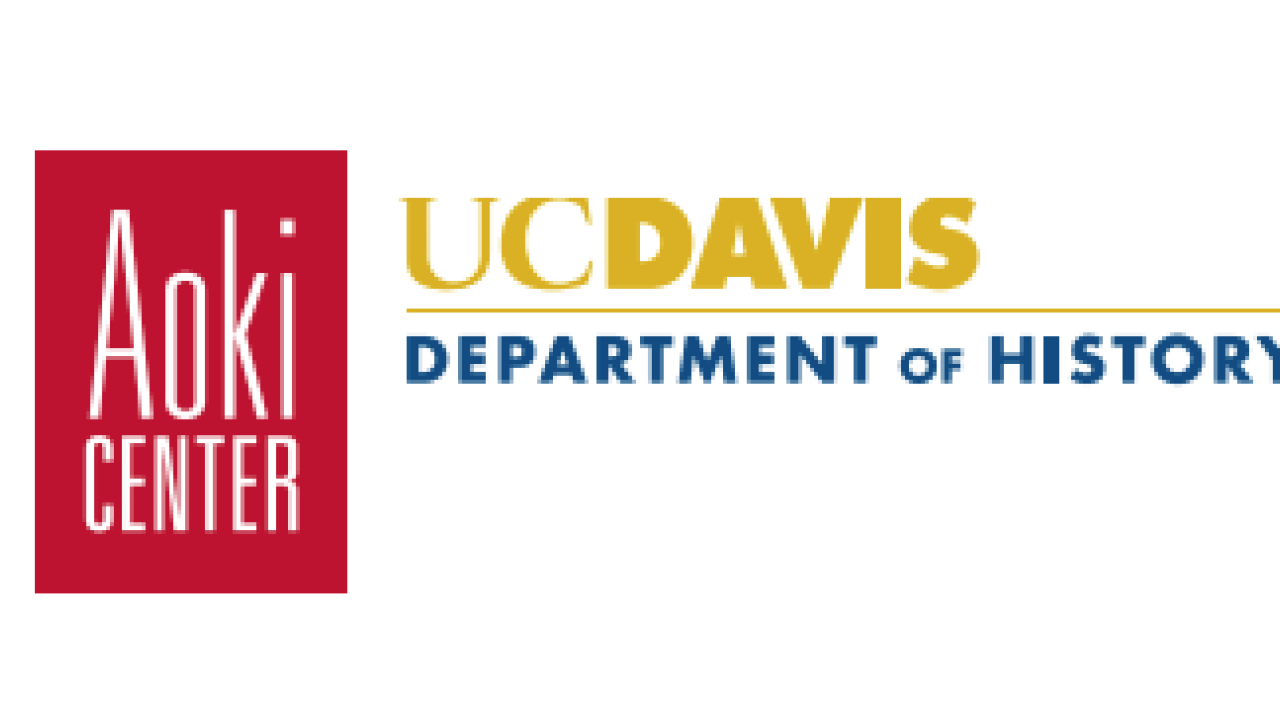
Event Date
Law School - AOKI Center/History Department colloquium on Free People of Color: Race, Law and Freedom in the 19th and 20th Century U.S.
Professor Dylan Penningroth, UC Berkeley
Everyday Use: A History of Civil Rights in Black Churches
This article seeks to revise the history of civil rights by closely examining one strand of black people’s long engagement with legal rules, legal ideas, and legal institutions: the private law of religion. After the Civil War, millions of African Americans began to exercise civil rights of property, standing, and contract, a set of rights whose significance scholars of the black freedom struggle have downplayed or dismissed. By the Jim Crow era, African Americans were putting the paradigmatic civil rights of the nineteenth century to everyday use. But the question of whether they had civil rights in church—rights that a court could protect—highlighted a longstanding tension between two influential nineteenth-century theories of rights. While common-law rights belonged to both men and women, privileges within religious associations depended on one’s status. This concentrated authority at the top, especially in men, raising questions about the rights of churchmembers, who were mostly women. The “deference doctrine” did not stop black people from going to court. But during the early 1900s, as some black churches amassed huge memberships and property, and as black denominations became national corporations, legal doctrines developed in the mid-1800s—developed in part from black church cases—enabled black male leaders to amass extraordinary authority. In the 1960s, two prominent mid-twentieth century religious leaders, Joseph Jackson and Martin Luther King Jr., publicly fought about the role black churches should play in the fight for American democracy, yet embraced the antidemocratic possibilities of the deference doctrine when it came to the internal affairs of their own churches. Churchmembers, in turn, seized the new meaning of civil rights as racial justice and redirected it to their ongoing concerns about church injustice. The argument about whether and how to pursue civil rights through “the Negro church” grew out of a century of debate about what rights Christians held in their churches.
Dylan C. Penningroth specializes in African American history and in U.S. socio-legal history. His first book, The Claims of Kinfolk: African American Property and Community in the Nineteenth-Century South(Chapel Hill: University of North Carolina Press, 2003), won the Avery Craven Prize from the Organization of American Historians. His articles have appeared in the Journal of American History, the American Historical Review, and the Journal of Family History. Penningroth has held fellowships from the National Endowment for the Humanities, the National Science Foundation, and the Stanford Humanities Center, and has been recognized by the Organization of American Historians’ Huggins-Quarles committee, a Weinberg College Teaching Award (Northwestern University), a McCormick Professorship of Teaching Excellence (Northwestern), and a MacArthur Foundation fellowship.
Penningroth is currently working on a study of African Americans’ encounter with law from the Civil War to the modern civil rights movement. Combining legal and social history, the study explores the practical meaning of legal rights for black life. His next project is a study of the legacies of slavery in colonial Ghana.
